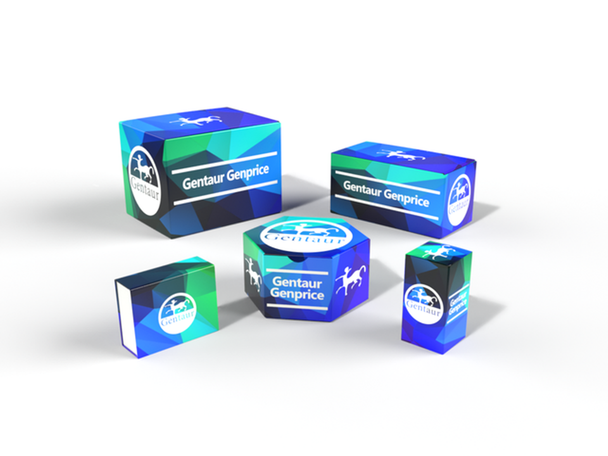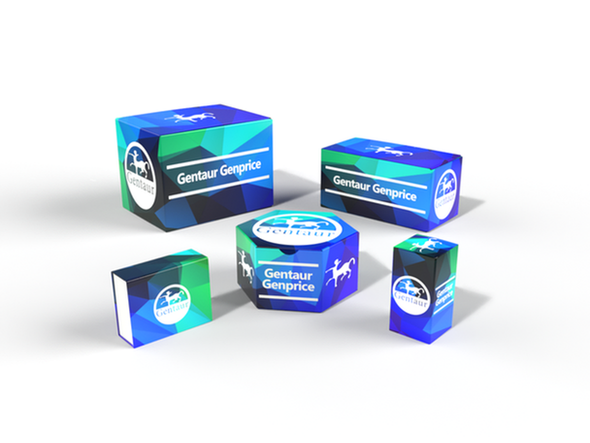BW
DGK-ι (K1023) polyclonal Antibody | BS1894
- SKU:
- BW-BS1894
- Availability:
- Usually ships in 5 working days
Description
DGK-ι (K1023) polyclonal Antibody | BS1894 | Gentaur UK, US & Europe Distribution
Host: Rabbit
Reactivity: Human,Mouse,Rat
Application: IHC IF
Application Range: IHC: 1:50~1:200 IF: 1:50~1:200
Background: Diacylglycerol (DAG) influences numerous cell signaling cascades by functioning as an intracellular, allosteric activator of protein kinase C (PKC), and as a potent activator of guanine nucleotide exchange factors. In order to maintain cellular homeostasis, intracellular DAG levels are tightly regulated by diacylglycerol kinases (DGKs, DAGKs), which phosphorylate DAG to phosphatidic acid, thus removing DAG. Human DGK-α (80 kDa), -β (90 kDa), and - γ (90 kDa) have calcium-binding EF-hand motifs at their N termini and are classified as type I DGKs. Human DGK-δ (130 kDa) and DGK-ι (130 kDa) contain N-terminal pleckstrin homology (PH) domains and are classified as type II. Human DGK-epsilon (64 kDa) contains no identifiable regulatory domains and is classified as a type III DGK. Human DGK-Ω (104 kDa) and -iota (130 kDa) possess C-terminal ankyrin repeats and are classified as type IV DGKs. Human DGK-θ (110 kDa) contains 3 cysteine-rich domains and a PH domain and is classified as a type V DGK.
Storage & Stability: Store at 4°C short term. Aliquot and store at -20°C long term. Avoid freeze-thaw cycles.
Specificity: DGK-ι (K1023) polyclonal Antibody detects endogenous levels of DGK-ι protein.
Molecular Weight: ~ 130 kDa
Note: For research use only, not for use in diagnostic procedure.
Alternative Names: Diacylglycerol kinase iota; DAG kinase iota; Diglyceride kinase iota; DGK-iota; DGKI
Immunogen: Synthetic peptide, corresponding to amino acids 1001-1050 of Human DGK-ι.
Conjugate: Unconjugated
Modification: Unmodification
Purification & Purity: The Antibody was affinity-purified from rabbit antiserum by affinity-chromatography using epitope-specific immunogen and the purity is > 95% (by SDS-PAGE) .
Pathway:






